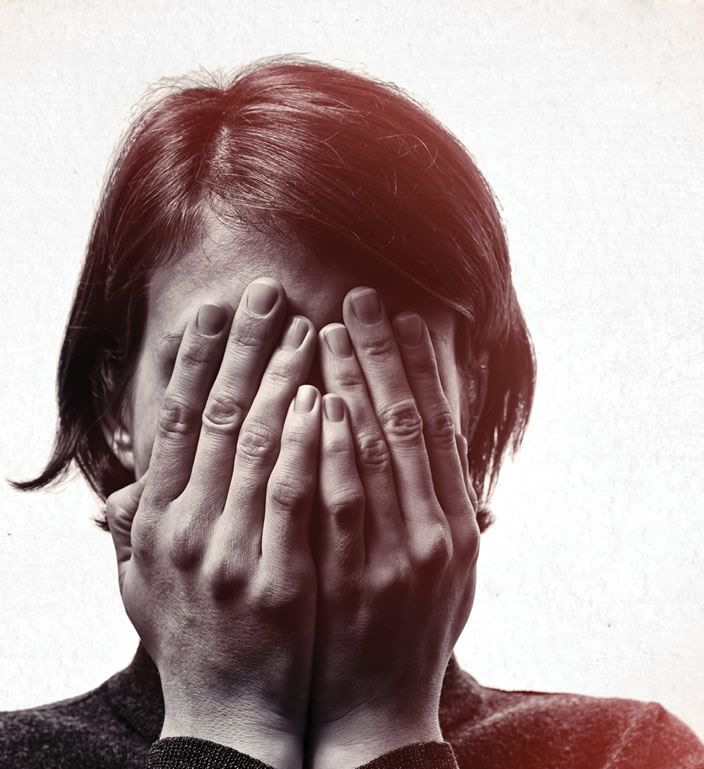These are all comments reported by school leaders in the 2018 Australian Principals Occupational Health, Safety and Wellbeing Survey, which has been conducted by the Australian Catholic University each year since 2011, and recently expanded to include New Zealand and Ireland.
The survey of government and non-government schools found one in three Australian school leaders was physically attacked and one in two experienced threats of violence at work.
Almost half of school principals (45%) were threatened with violence in 2018, compared with 38% in 2011. The survey also found that increasing threats and violence, aggravated by excessive working hours, are leading to serious levels of distress, burnout and depression among school leaders.
Australia’s principals are overwhelmed by the volume of work; being threatened with violence; being physically attacked; having great difficulty sleeping; and experiencing high rates of depressive symptoms.
Associate Professor Philip Riley, from Australian Catholic University’s Institute of Positive Psychology and Education and the survey’s chief investigator, said: “Clearly, our nation builders are under attack. Consequently, fewer people are willing to step into the role. At a time when 70% of school leaders will reach retirement age within 2-3 years, we are ignoring a looming national crisis.”
IEUA NSW/ACT Secretary John Quessy said: “These comments describe an unacceptable and intolerable situation which must stop.
“There is no reason to assume that classroom teachers and other school staff do not face similar abuse.”
Causes of stress
The survey found the sheer quantity of work and the lack of time to focus on teaching and learning were the greatest sources of principals’ stress. Teacher shortages were also a frequent issue.
An increasing source of stress is managing the mental health issues of staff and of students. The survey found 53% of principals worked more than 56 hours per week during term. Approximately 24% of principals, or one in four, worked more than 61-65 hours per week. During school holidays, approximately 40% of principals worked more than 25 hours per week.
Violence
One in three principals was physically attacked in 2018. Violence jumped from 27% in 2011 to 37% in 2018.
“Australia’s school leaders experience a far higher rate of offensive behaviour at work than the general population,” Riley said.
Female school leaders are most at risk of physical violence with 40% experiencing violence compared to 32% of male school leaders. The rates of physical violence show a concerning upwards trend in almost every part of the country.
Health
One in three school leaders was identified as so distressed that their physical and mental health were seriously at risk.
When compared to the general population, principals report 1.5 times higher job demands, 1.6 times higher levels of burnout, 1.7 times higher stress symptoms, 2.2 times more difficulty sleeping, 1.3 times negative physical symptoms and 1.3 times more depressive symptoms.
IEU Principals Organiser Pam Smith said “ the IEU has a strong commitment to supporting these annual surveys in which our school leader members participate in significant numbers. We look forward to continuing to work with our members and with employers to address issues in relation to workplace safety, professional respect, and workload and wellbeing.”
Recommendations from the survey include:
- employers should reduce job demands or increase resources or do both
- the community needs to immediately stop offensive and violent behaviour towards educators
- Australia also needs to have adult conversations about the root causes of this violent behaviour, which is occurring in all frontline professions and in the high rates of domestic violence, and
- school leaders should not allow their passion for their school to dominate their life.
https://www.healthandwellbeing.org/en-AU/principal-reports








































































































































